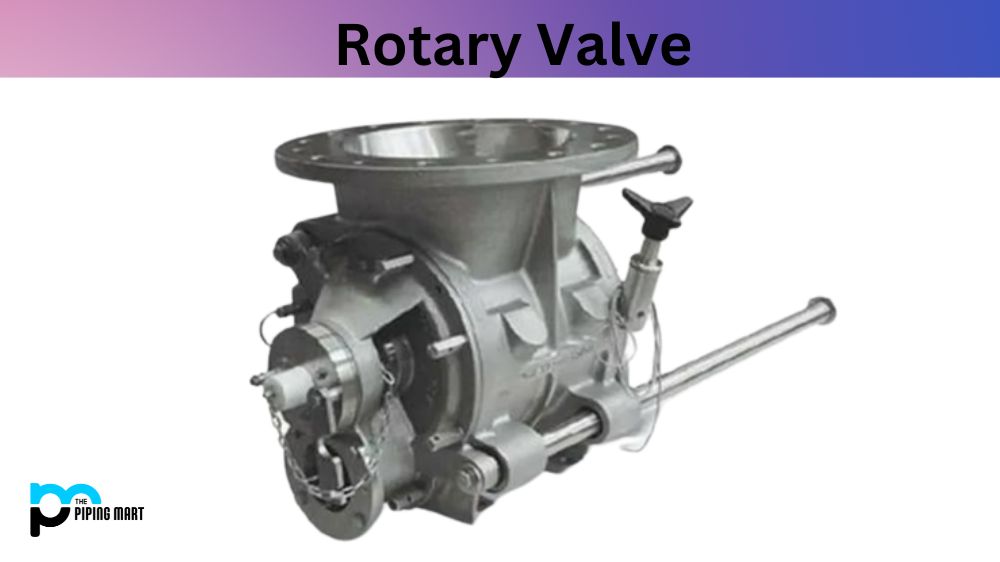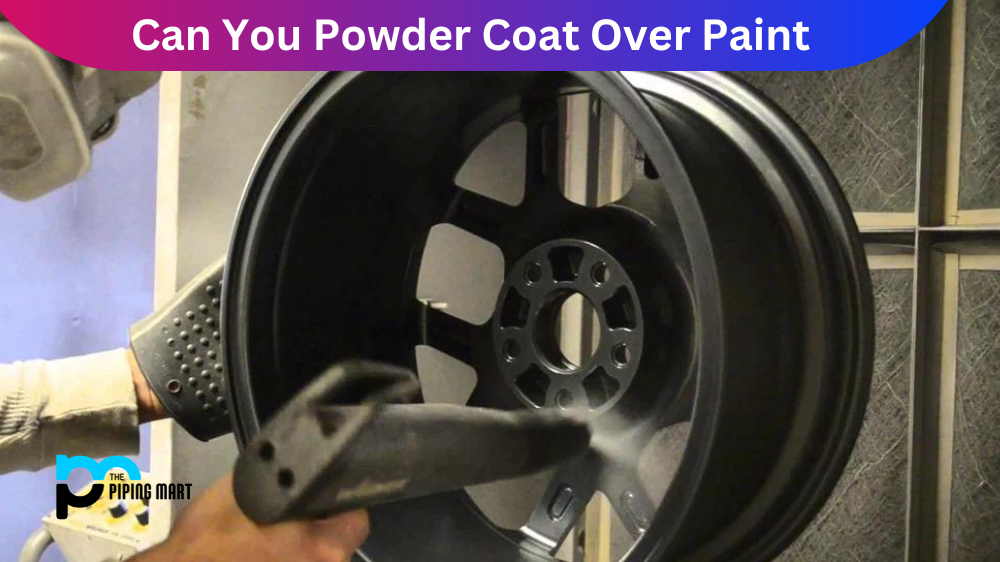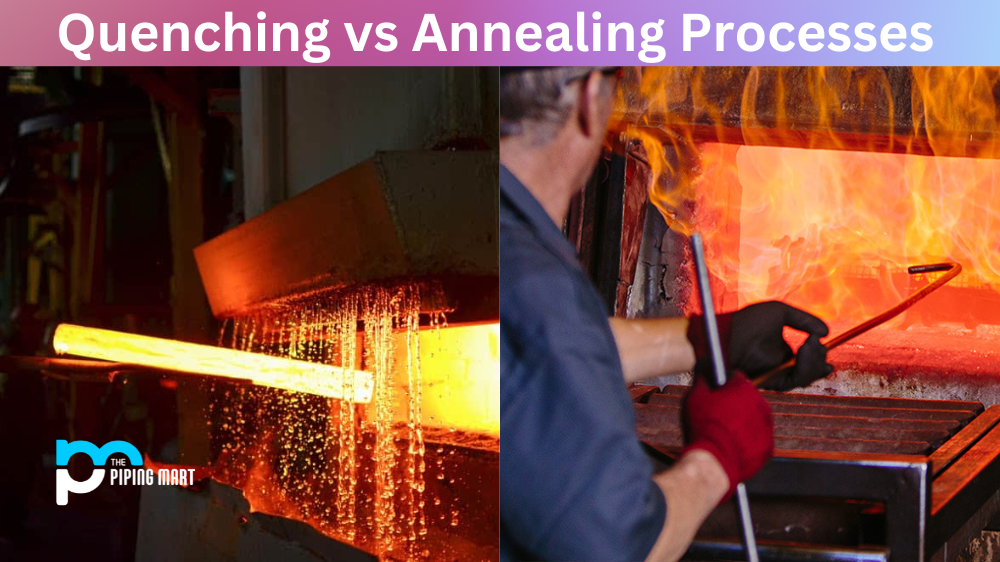When it comes to industrial applications, having the right equipment is crucial. The rotary valve is a common component in many industries that deal with bulk solids and powders, including food production, chemical processing, and pharmaceuticals. But is it your best option?
In this blog post, we will examine the advantages and disadvantages of rotary valves. By the end of this article, you’ll better know whether a rotary valve is the right choice for your application.
What is Rotary Valve?
Rotary valves are special type of machines used to control the flow of fluids and gases, typically consisting of a cylindrical drum with a variable number of ports. They can be used as control devices for alternately filling and emptying containers or for regulating pressure, temperature, or flow rate. A rotary valve is an essential component in many processes across different industries such as petrochemical and automotive production.
Advantages of Rotary Valve
Durability: One of the biggest advantages of a rotary valve is its durability. This is because of the heavy-duty design and construction of the valve. This makes it able to withstand high temperatures, pressure, and abrasive materials, making it a suitable choice for many industrial applications.
Efficiency: Another advantage of a rotary valve is its efficiency. Rotary valves are designed to prevent product leakage, thus ensuring that bulk solids and powders are transported accurately and efficiently. This means that there is no product loss, which in turn cuts down on production costs.
Flexibility: Rotary valves can be used in various applications, making them versatile. It can be installed in different orientations and used for both vacuum and pressure conveying. This flexibility is ideal for industries such as chemical processing, food production and pharmaceuticals – which have varied applications.
Disadvantages of Rotary Valve
High Cost: Rotary valves are usually more expensive than other valves. This is mainly due to their heavy-duty construction, which is necessary for the valve to handle high temperatures, pressure and abrasive materials. This is a disadvantage, especially for industries with a tight budget.
Maintenance: Rotary valves require regular maintenance to keep them running smoothly. This is because of the complexity of the construction, which can make them more difficult to clean and repair than other types of valves. This is especially important in food production and pharmaceuticals, which require strict cleanliness and hygiene standards.
Limited Application: Despite being versatile, rotary valves may only be suitable for some material handling applications. For example, if you’re dealing with fine powders, there may be better options than the rotary valve since it can cause particle degradation and not handle fine particles adequately.
Conclusion:
The rotary valve is a suitable piece of equipment for many industrial applications. Consider the advantages mentioned, such as durability, efficiency, and flexibility, making rotary valves popular. However, the disadvantages, too, are worth noting, such as high cost, maintenance, and limited application. Before investing in a rotary valve for your industrial application, weighing the pros and cons is important. Consider your budget, the type of material you’ll be handling, and the environment in which the valve will be used. With thorough research and assessment, you can decide whether the rotary valve is right for your application.
Sakshee is a talented blogger, with a particular focus on the Business and Metal Industry. She is passionate about sharing her insights on various metal products and helping professionals to make a better decisions.




